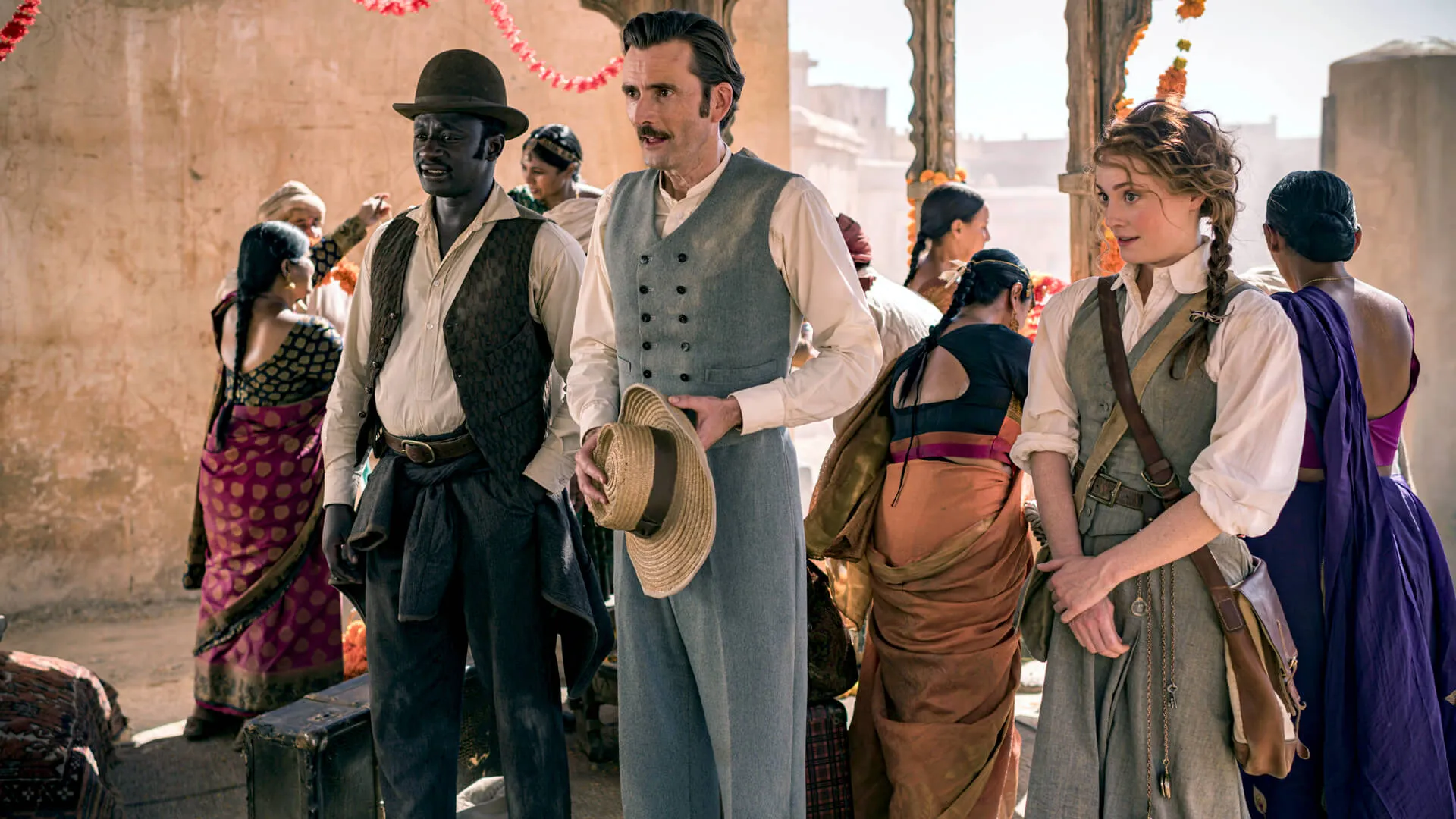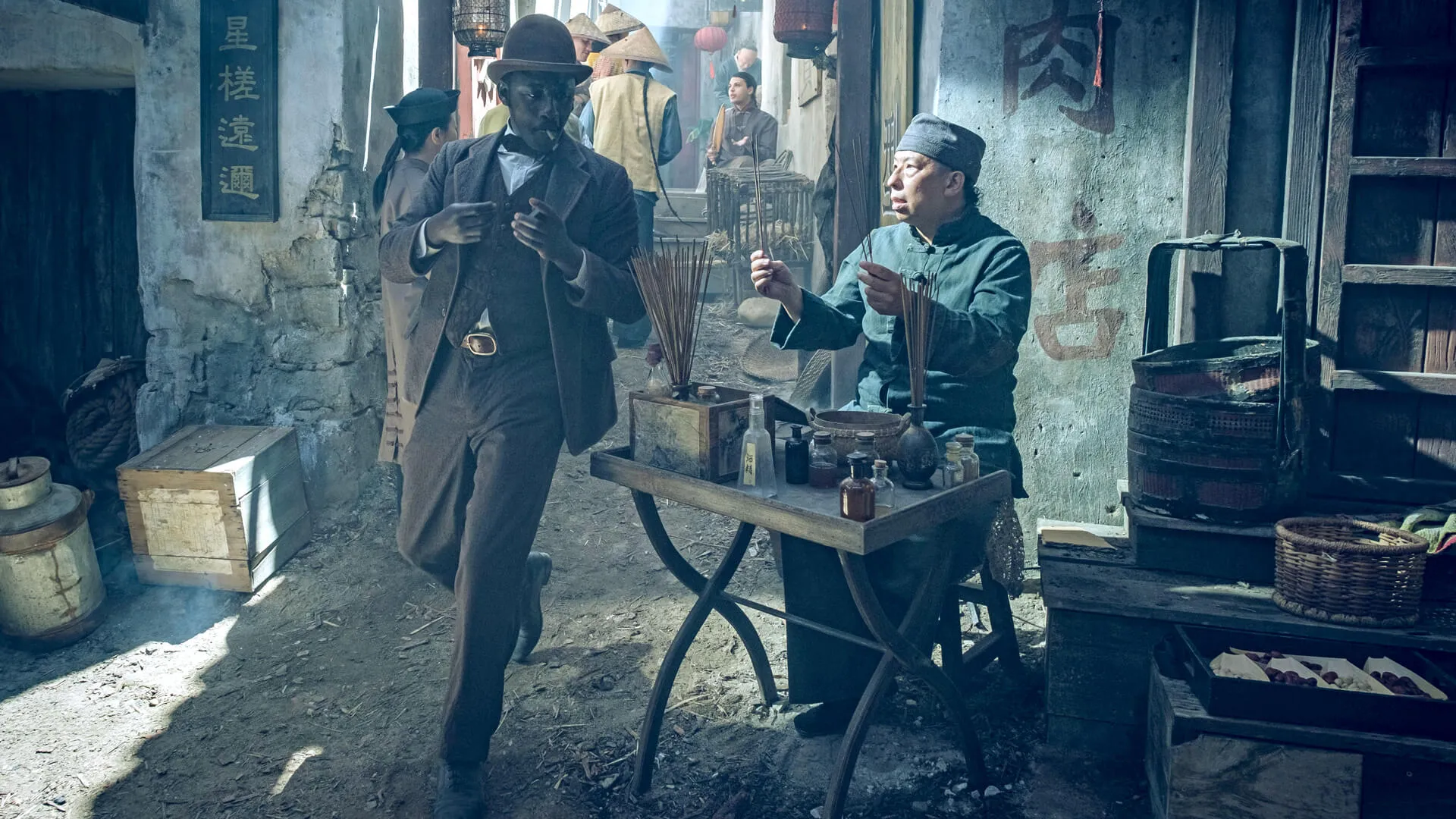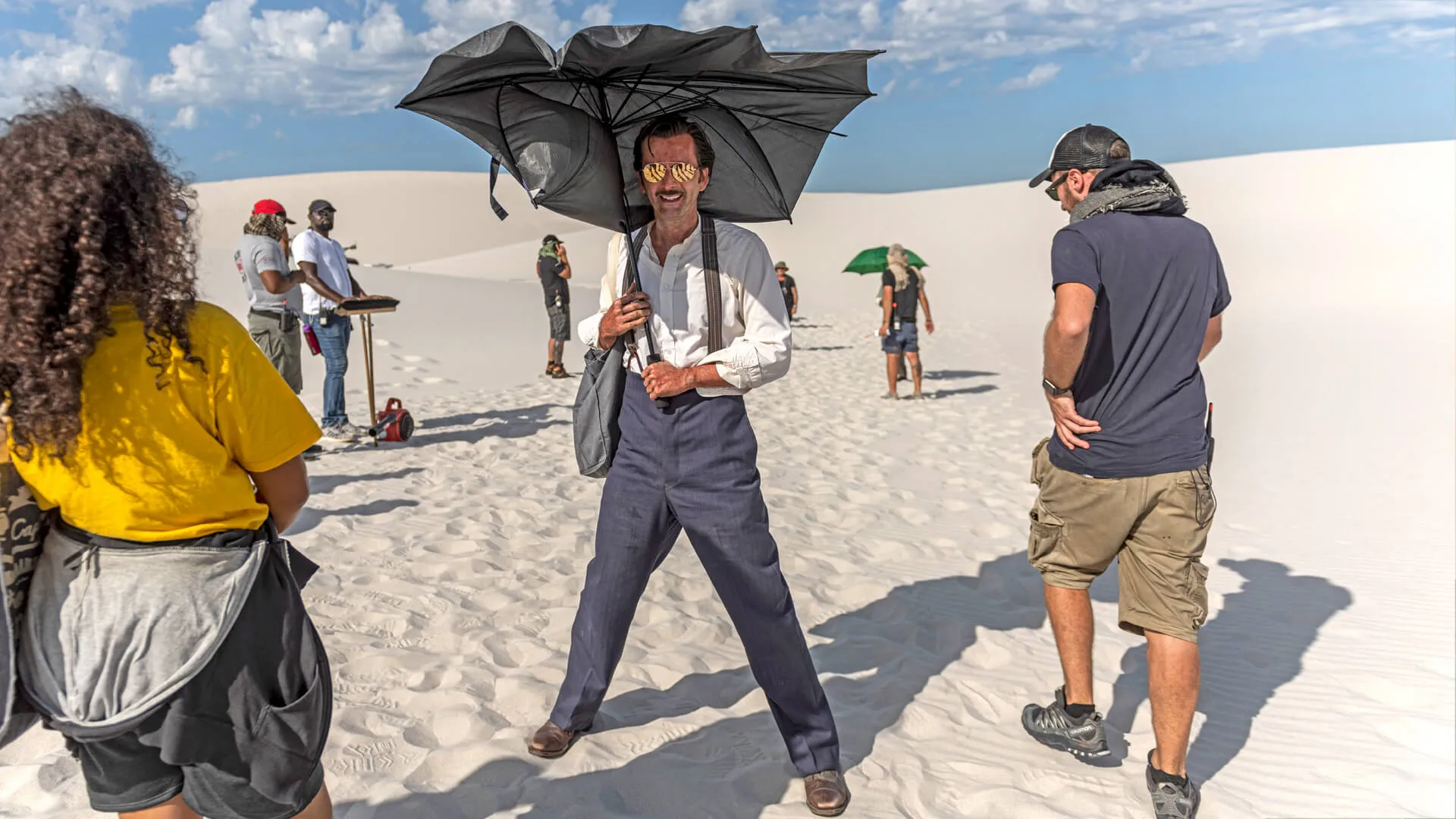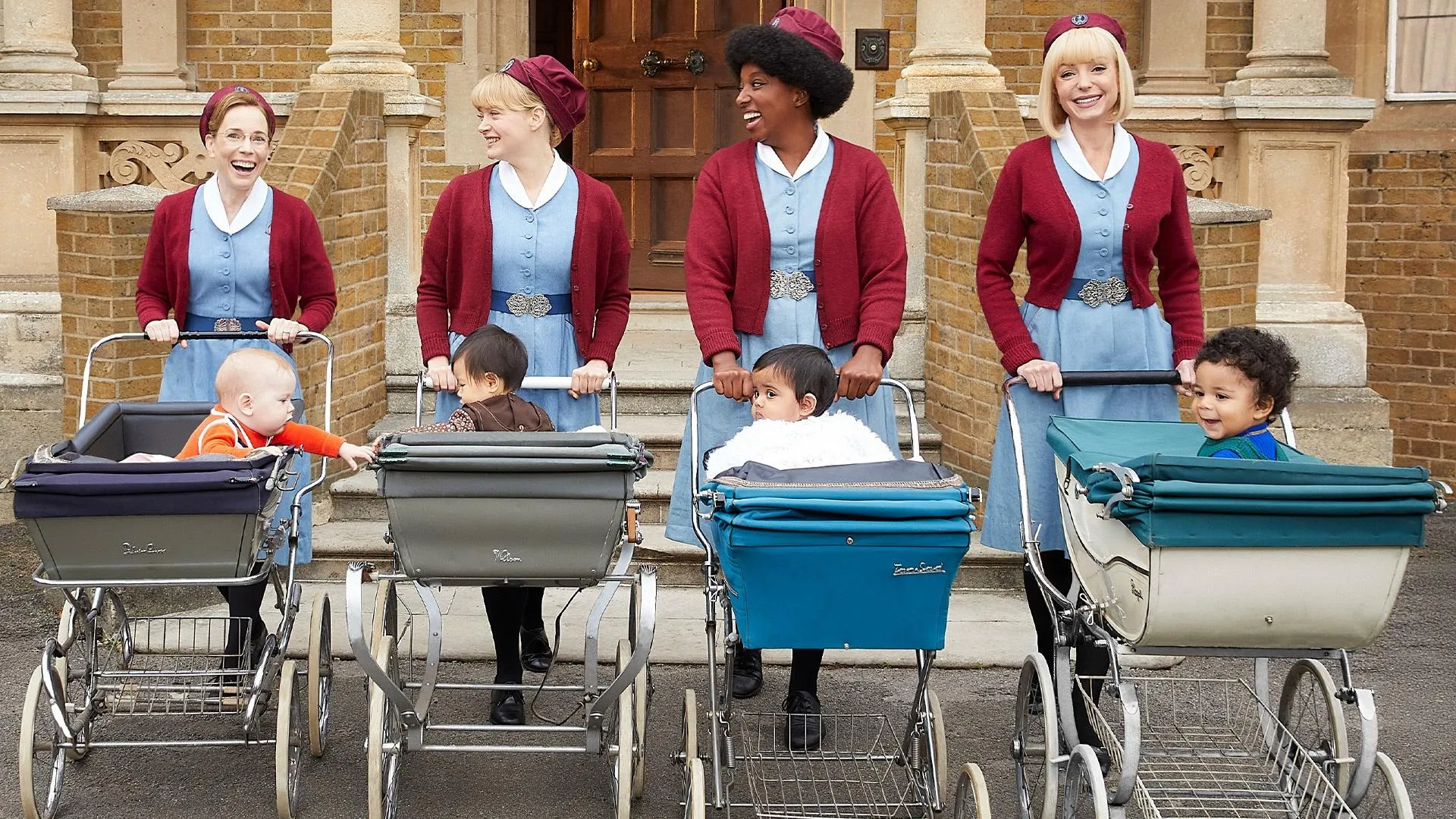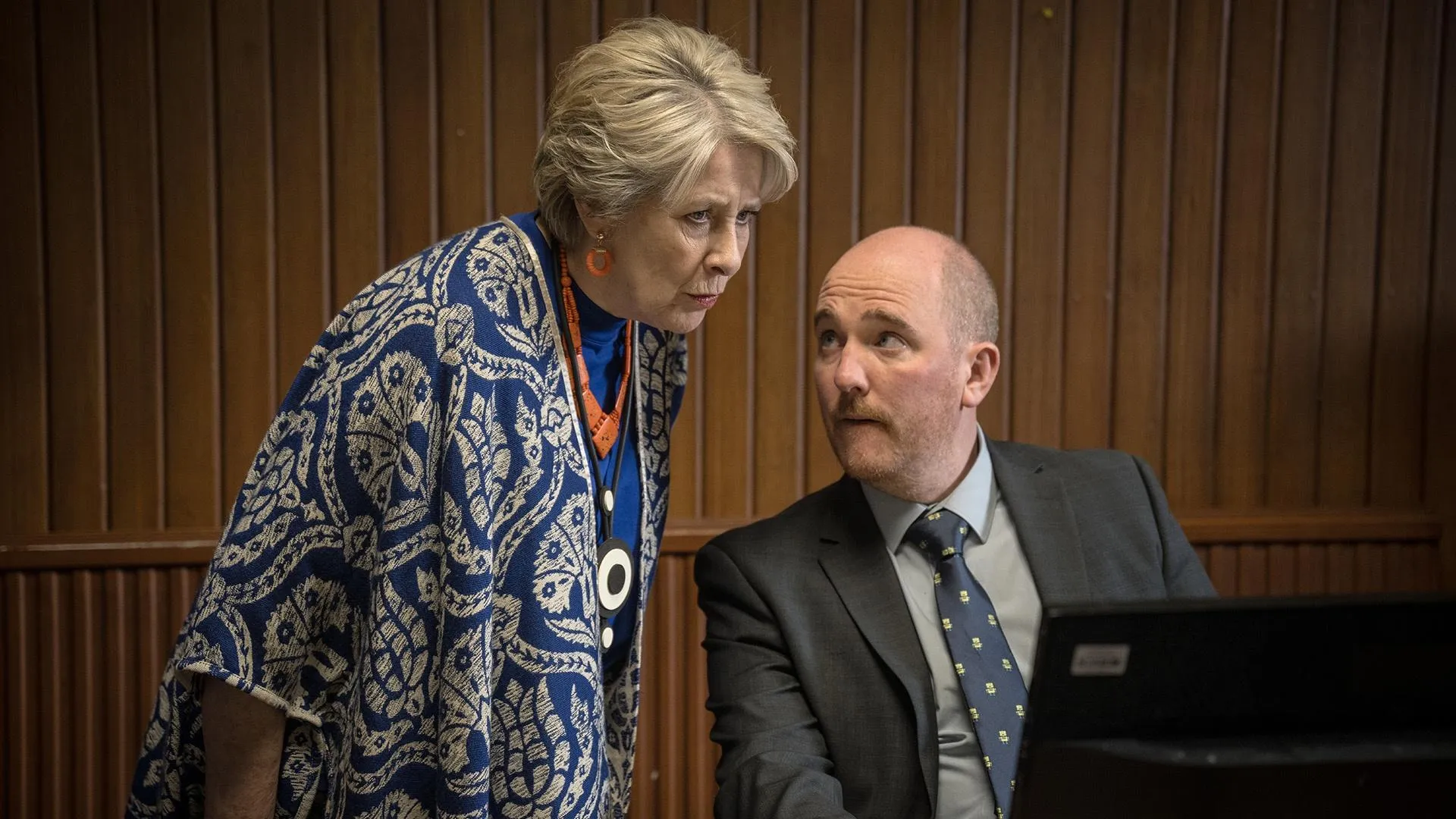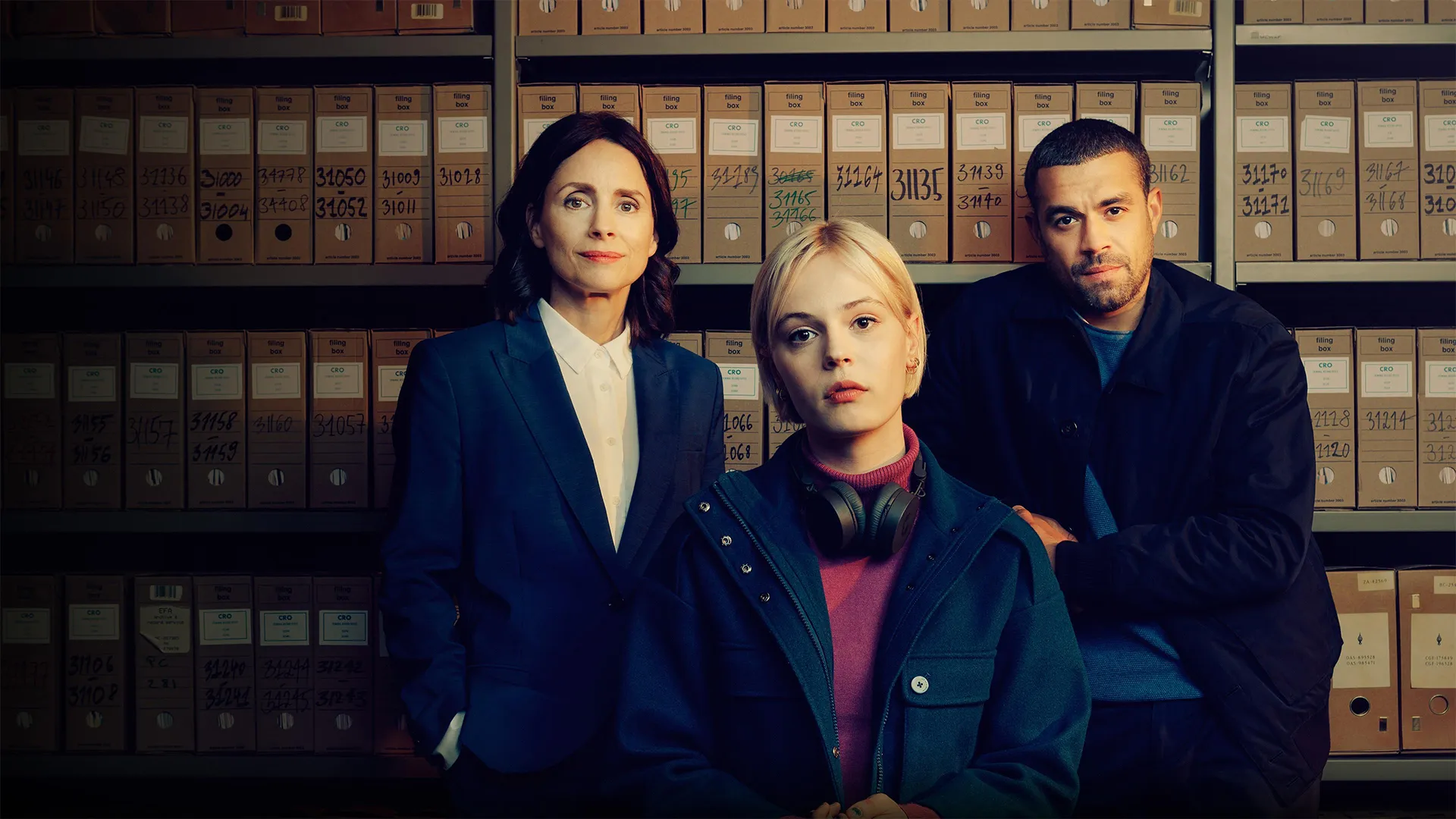- Phileas Fogg is an extraordinary character, I think.
He starts off in the Reform Club as a repressed Englishman of a certain class and certain type, eating the same food every day, seeing the same people every day.
A timid man, really, and the journey of 80 days opens him up to the world to experience.
He finds a curiosity, an intellect, an ambition that'd been buried all his life, so it's very uplifting too.
- What was really interesting about what Ashley did with Phileas Fogg, was he brought what was inside this character out, which I didn't think you really got from the novel.
And so in a lot of ways, we were doing two journeys, one is around the world inside of "Phileas Fogg's Head," and one was "Around The World in 80 Days."
- One of the things that Ashley Pharoah has introduced into the story is a history for Fogg where he chose not to go on an adventure once before, because he was scared really.
And in that moment, he also wrote off his chance for romantic happiness.
So the things all sort of come together and Fogg's now trying to conquer that.
He begins his journey with a slight naivety, I think, and very quickly he gets to Paris and there's revolution afoot, and he all finds it too much.
And by sheer luck, really, he manages to get through the first bad moments and persist on his journey and bit by bit, very slowly over the course of our story we see him find himself, I suppose, and find his inner strength and find who he has the potential to be.
That really is Fogg's journey through the story from somebody who really is very ill-equipped to go on this kind of adventure, to someone who discovers that he has resources he didn't realize he had.
- He's really taking the essence of the story, which is this man's journey to tackle something amazing and almost unachievable, but really made it much more sort of human and emotional.
I think modern storytelling, it demands to know what's driven him on that journey.
So finding a man who's thinking, what have I done with my life?
Have I wasted it?
And what should I do now?
And taking on this challenge for which he's wholly unprepared.
I think that it's a really human and relatable story.
And the Jules Verne challenge gives us an amazing vehicle basically to put that personal story on.
(dramatic music)
